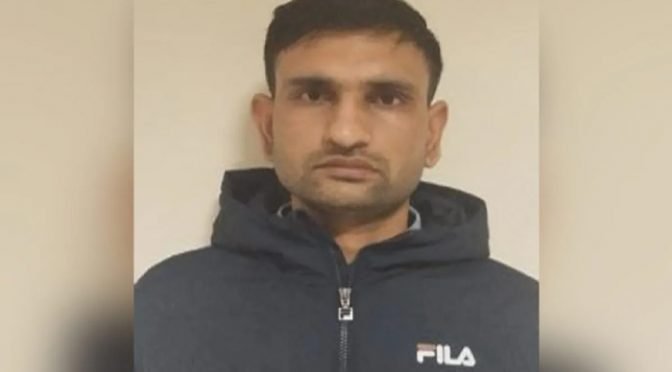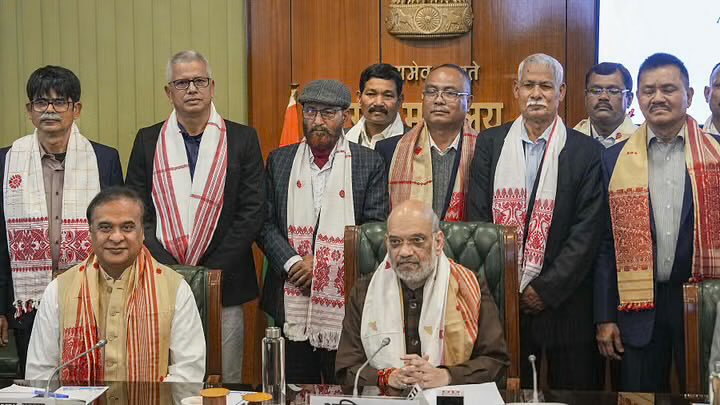The Supreme Court, on Monday, criticized the Tamil Nadu government for purportedly issuing general orders by the police to restrict the live-streaming of the Ram Mandir Pran Prathistha (consecration) ceremony and performing religious activities. The court labeled these orders as “atrocious” and directed the state not to summarily deny permissions for such events. The court emphasized that speaking orders must be passed by the state government whenever requests for such activities are made, and any oral or general orders by the police cannot be acted upon.
Admitting a public interest litigation (PIL) alleging a blanket ban on the live-streaming of the consecration ceremony and religious rituals, the court stressed that permissions cannot be rejected solely based on the presence of other communities in the locality. The court ordered that authorities should act in accordance with the law and not on oral instructions. The state government was directed to examine applications for live telecasts and deal with them in adherence to the law, providing reasons for any rejections.
The PIL was filed by BJP’s state unit secretary Vinoj P Selvam, who highlighted orders allegedly issued by the police that imposed restrictions on live-streaming and religious functions during the consecration ceremony. Senior counsel Dama Seshadri Naidu, representing the petitioner, argued against the restrictions, accusing the DMK-led government of displaying animosity towards religion. Solicitor General Tushar Mehta, representing the Union government, supported the plea, emphasizing that constitutional principles must be upheld.
Tamil Nadu’s additional advocate general countered the allegations, stating that there were no restrictions in place and dismissing the petition as politically motivated. The court expressed displeasure with the reasons provided for denial, particularly mentioning the minority status of the community in the area. The bench urged the state to ensure that permissions are not rejected based on such reasons, emphasizing the need for transparent data on permissions granted and denied.
The court fixed the next hearing for January 29, cautioning the state to regulate its powers and provide valid reasons for any denial of permissions related to religious activities. The PIL claimed that the Tamil Nadu government, led by the DMK, had banned the live telecast of the ‘Pran Pratishtha’ of Lord Ram in temples across the state and prohibited various religious activities, calling it an arbitrary exercise of power violating fundamental rights.
In response to the alleged restrictions, Union Finance Minister Nirmala Sitharaman criticized the Tamil Nadu government, accusing it of misusing the police and displaying a “Hindu-hating” stance. She claimed that the police were denying permission for LED screens in a temple in Tamil Nadu for the live telecast of the Ayodhya event.
The Supreme Court’s intervention emphasizes the importance of upholding constitutional principles and ensuring transparent and lawful processes when dealing with requests for religious activities and ceremonies. The court’s directive seeks to prevent arbitrary denials and promote a fair and constitutionally sound approach in handling such matters.
Discover more from The Doon Mozaic | द दून मोज़ेक
Subscribe to get the latest posts sent to your email.




One thought on “SC criticizes Tamil Nadu DMK government on Ban of live telecast of Ram Mandir on Monday”